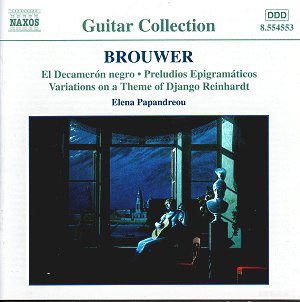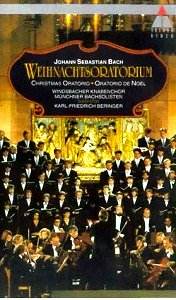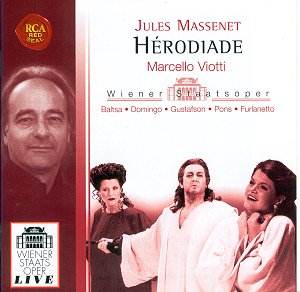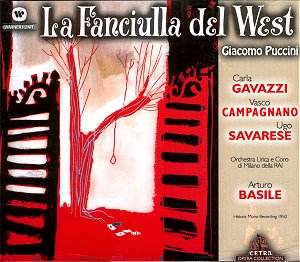 Composer: Leo Brouwer
Composer: Leo Brouwer
Works: El Decamerón Negro, Preludios Epigramáticos, Canticum, La Espiral eternal, Parabola, Tarantos, Variations on a Theme of Django Reinhardt, Paisaje cubano con tristeza
Performers: Elena Papandreou – guitar
Recording: NAXOS 8.554553 [73:13]
Label: Naxos
Leo Brouwer, a seminal figure in contemporary classical guitar music, has long explored the intersections of traditional Cuban folk idioms and avant-garde techniques. This second volume of his guitar music, performed by Elena Papandreou, ventures into Brouwer’s middle period, a time marked by heightened experimentation and a rich tapestry of cultural influences. The selected works reflect a compelling evolution of his style, as they incorporate both minimalist aesthetics and evocative storytelling, inviting listeners to engage with the music on multiple levels.
Papandreou’s interpretations are characterized by their nuanced tonal shading and dynamic range, which are essential for conveying the multifaceted nature of Brouwer’s compositions. The opening piece, “El Decamerón Negro,” serves as a prime example of Brouwer’s “national Hyper-Romanticism,” weaving together Afro-Cuban rhythms and lyrical melodies inspired by anthropological texts. Papandreou captures the essence of the three movements with a deft touch, particularly in the second movement, where the subtle shifts in dynamics highlight the narrative’s emotional arc. Her phrasing is deliberate, allowing the music’s inherent drama to unfold organically.
The “Preludios Epigramáticos,” comprised of six brief yet potent works, further showcases Brouwer’s inventive spirit. Each prelude, with its distinct character, benefits from Papandreou’s meticulous attention to detail. In “Canticum,” the unconventional detuning of the sixth string down to E-flat introduces a unique sonority, which Papandreou navigates with both confidence and sensitivity. The way she employs this detuning illuminates the piece’s thematic exploration of transformation, akin to an insect emerging from its pupa, as intended by Brouwer.
Recording quality is robust, with Naxos providing a clear and well-balanced soundstage that allows the intricate textures of Brouwer’s music to resonate fully. The engineering captures the subtleties of Papandreou’s fingerwork, from the delicate harmonics in “La Espiral eternal” to the rhythmic complexities of “Variations on a Theme of Django Reinhardt.” This latter work, which pays homage to the jazz guitarist’s “Nuages,” stands out as a testament to Brouwer’s eclectic tastes. Papandreou’s interpretation reveals her ability to meld classical and jazz idioms, showcasing her virtuosic command while also respecting the thematic material.
While some may argue that Brouwer’s music, particularly in this collection, may not appeal to a broad audience unfamiliar with contemporary idioms, those with an appreciation for his work will find this recording invaluable. It opens a window into Brouwer’s creative mind during a pivotal period of his compositional journey. Papandreou’s authoritative performances, coupled with the thoughtful selection of works, create an engaging listening experience that resonates with the depth and complexity of Brouwer’s artistic vision. The result is a recording that does not merely represent Brouwer’s music but rather invites listeners to immerse themselves in its rich cultural and emotional landscapes.



